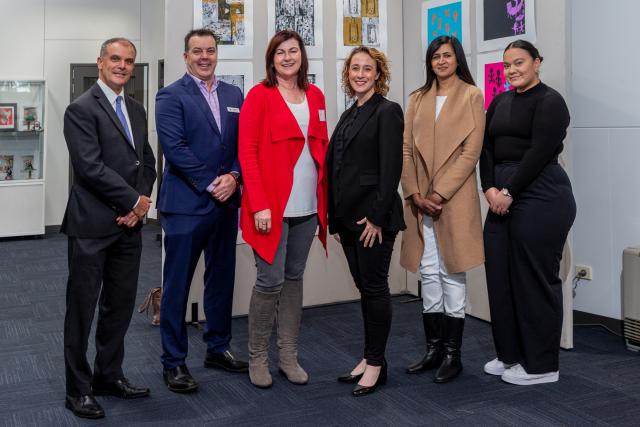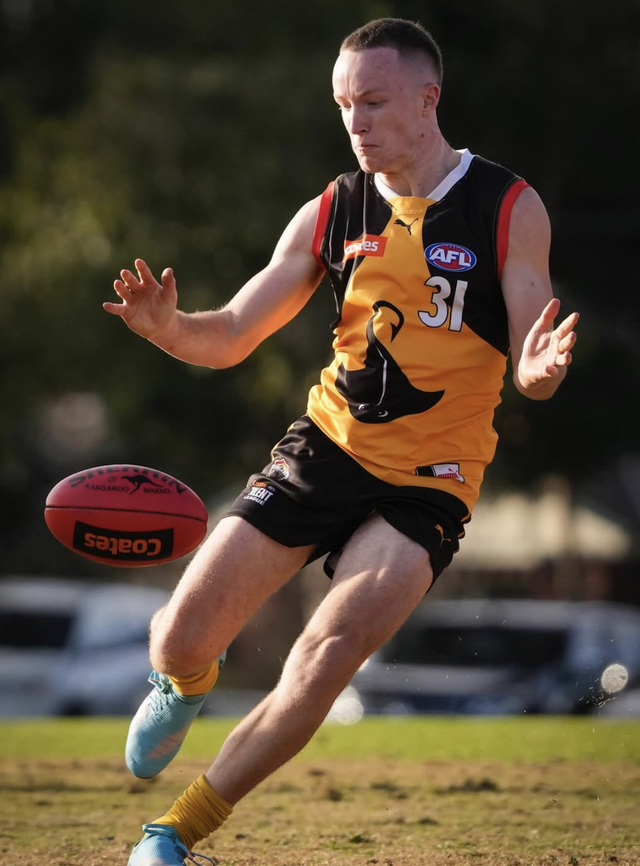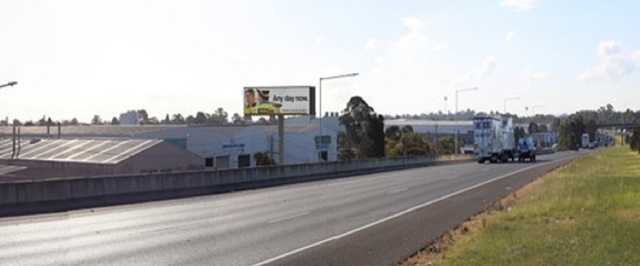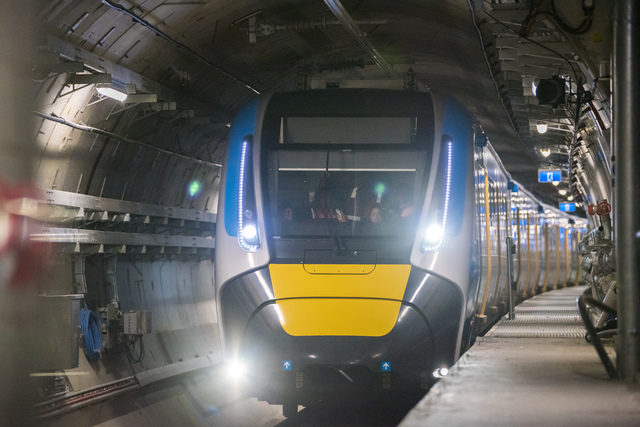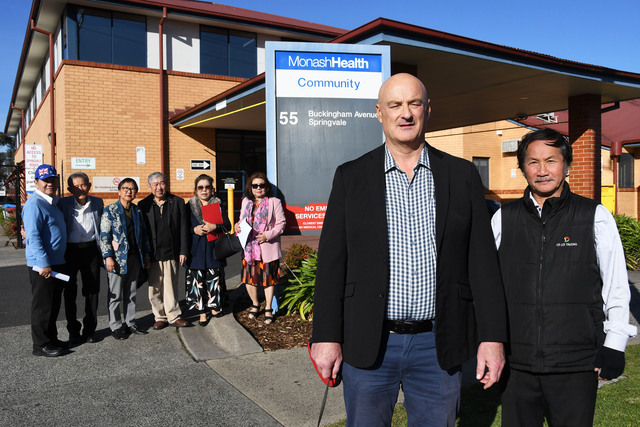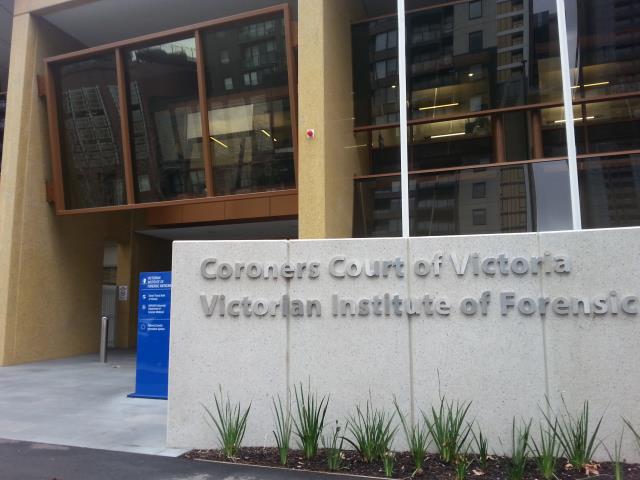A recent report into the Research and Evaluation of the Young Parents Education Program (YPEP) between 2019 and 2021 by the Faculty of Education at Monash University has made a number of findings and recommendations endorsing the importance of the program.
YPEP Learning Hubs at Hallam Senior Secondary College and the Foundation Learning Centre in Narre Warren provide pregnant and parenting young people aged between 15 and 21 the opportunity to complete their education by studying the Victorian Certificate of Applied Learning in a supportive learning environment.
Parents bring their babies to their classes until they are either 12 months old or have begun walking, with a Parent Support Worker on deck at all times to lend assistance with feeding, changing and settling.
It seeks to break the cycle of disadvantage for young parents by re-engaging them with education until completion, the report says.
The executive summary of the report states Melbourne’s South East Region, profiled as encompassing the Local Government Areas of Greater Dandenong, Casey and Cardinia, have recorded low rates of year 12 completion compared to Greater Melbourne, and is home to 1100 young parents aged between 15 and 21-years-old, according to the 2016 Census.
A Call to Action was held at Hallam Senior Secondary College on Wednesday 4 May, attended by Minister for Women and State Member for Dandenong, Gabrielle Williams, Pearl Subban from Monash University, former Hallam Senior Secondary College Principal Greg McMahon, former YPEP teacher Kate Silvagni, YPEP graduate Nivea Perenise and Young Parents Program Manager, Mary Tresize-Brown.
“It was about bringing together the stakeholders to join a regional round table on young parents education in the region,” Ms Tresize-Brown said.
“The call to action seeks to action the findings and recommendations of the report and shine a light on sustainability of the program.”
Included in the findings was that small class sizes in a “dynamic” and “nurturing” learning environment, with flexibility and more understanding of the individual students’ requirements was “fundamental”, as was the ability for students to relate to each other and build camaraderie and commonality.
“Important to student needs is that the Programs starts with them, rather than a structured curriculum, yet balancing the requirements to complete the qualification,” the report said. “Additionally, the young parents straddle different roles, that of parent and student simultaneously – the Program had to be cognisant of both these roles.
“As such, the Program had to wrap around student needs, being more accommodating and adjusting the learning and teaching schedule to suit individual learners.”
Additionally, the location of the facility and the accessibility of onsite assistance, including an on-site Early Parenting Support worker were all considered important factors.
One student in the report noted the ability to have their child with them or near them during their time in the classroom provided a security factor and comfort.
“It’s good that you can bring your baby to school with you,” the student said.
These findings formed the basis of many of the recommendations, along with access to services such as counselling, financial management and first aid included in the educational package.
Another was the adoption of a “team-teaching” approach to reduce the toll on the educator.
Ms Tresize-Brown said a key outcome of the program to provide equitable access for young parents when they attempt to enter the workforce.
It also aims to reinforce the importance of schooling, she said.
“Life outcomes are significantly improved because they have completed year 12. It means the student can compete in further education or employment opportunities.
“It impact parents and children; it places value on education, which means the young parent places value on education for their young child.”
Ms Williams endorsed the program and the opportunities that it provides for young women in particular.
“We know that education is one of the most effective social equalisers – and keeping young women engaged in education supports more equal outcomes across their lifetime,” she said.
“The Young Parents Education Program is changing the lives of young parents so that they can continue their education journey and thrive beyond school. That’s why this program is so important.
“All women and girls deserve to have the best possible education – this program provides young parents the opportunity to learn in a supportive and inclusive environment, and that’s why we are so proud to support it.“
YPEP hubs are located at Hallam Senior Secondary College and the Foundation Learning Centre in Narre Warren, with a third in the South East starting at Cranbourne Secondary College later in the year.
For more information on the program head to sellen.org.au/ypep/
To read the report go to sellen.org.au/wp-content/uploads/2022/05/YPEP-evaluation-March-2022.pdf

